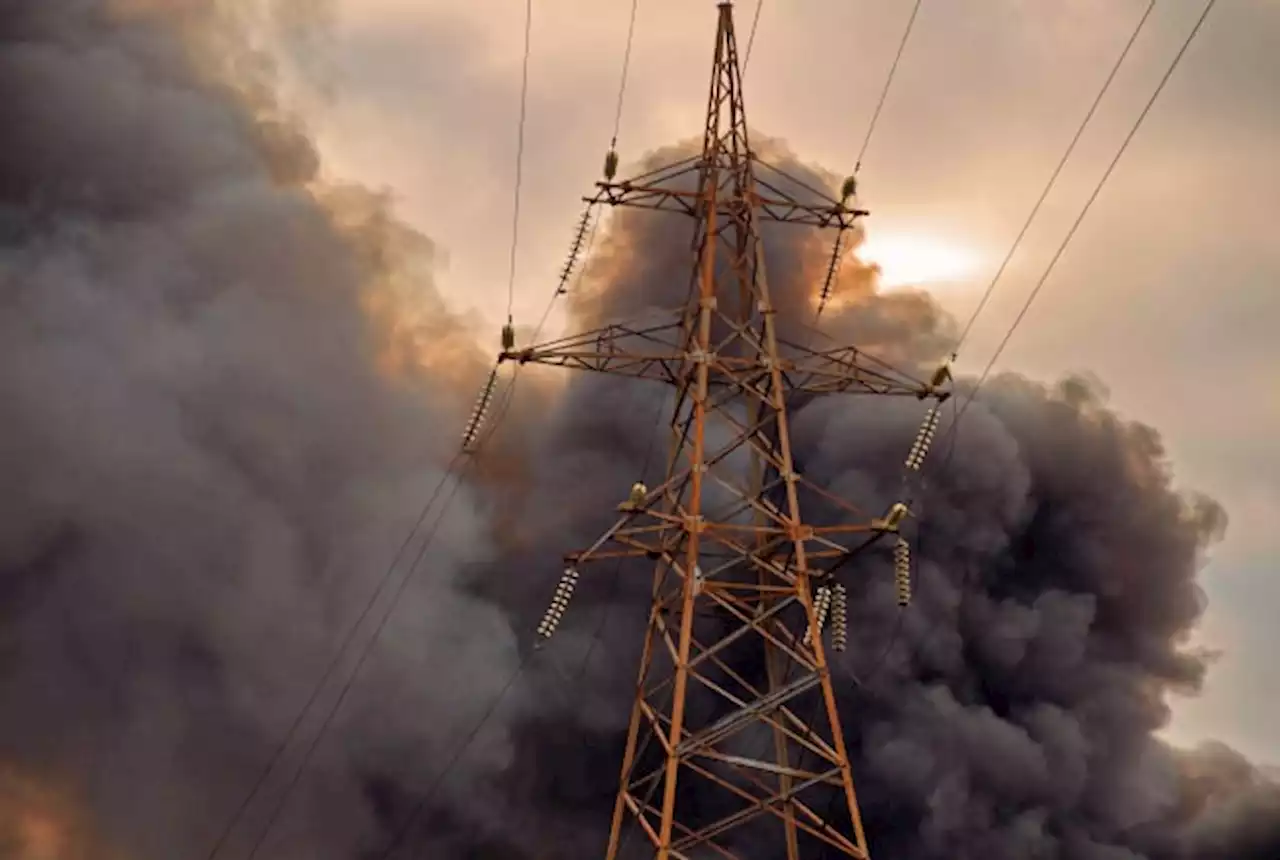Can Groundwater Act as a Catalyst for Sustainable Development in Africa's...: Africa
By Zeynu Ummer and Samuel Godfrey
Reversing the impact of climate change on rainfall patterns in the Horn is not possible – future droughts due to limited rainfall are likely to happen. The Horn of Africa however has significant climate change adaptation potential to prevent the impact of future droughts. For development stakeholders in the Horn region, a focus on innovative groundwater investigation using radar and satellite technologies has proven to be ideal, timely and relevant. Theof techniques such as the Three Phase Methodology should be explored further in border areas.
South Africa Latest News, South Africa Headlines
Similar News:You can also read news stories similar to this one that we have collected from other news sources.
 Africa: U.S.-China Tensions - How Africa Can Avoid Being Caught in a New Cold WarAnalysis - China's foreign ministry published a 4,000-word analysis entitled US Hegemony and its Perils on 20 February. It's an indictment of alleged US foreign interference, intimidation and interventions that began 200 years ago.
Africa: U.S.-China Tensions - How Africa Can Avoid Being Caught in a New Cold WarAnalysis - China's foreign ministry published a 4,000-word analysis entitled US Hegemony and its Perils on 20 February. It's an indictment of alleged US foreign interference, intimidation and interventions that began 200 years ago.
Read more »
 Africa: Reducing Murder Must Be a Top South Africa Government PriorityAnalysis - South Africa's murder rates are again among the highest globally, but determined, targeted policing can reverse this trend.
Africa: Reducing Murder Must Be a Top South Africa Government PriorityAnalysis - South Africa's murder rates are again among the highest globally, but determined, targeted policing can reverse this trend.
Read more »
 Aquifers Are No Silver Bullet in Solving Africa's Water ScarcityAs the world commemorates World Water Day, Gaathier Mahed for The Conversation reports that discoveries of aquifers - underground earth formations that hold water - often create excitement around their ability to ease water scarcity in a region. Alternative water sources, like aquifers, need to be explored. Water gets into these aquifers in different ways. Some are filled by new rainfall, others hold old, or ancient, rainfall. In Africa, most are found less than 50 metres below the ground's surface. Many of Africa's aquifers are spread across country borders, meaning countries have to share the water resource. The largest volumes of groundwater in Africa are found in large aquifers in Libya, Algeria, Egypt and Sudan. Aquifers have the capacity to provide some water in almost all parts of Africa. Groundwater is part of the solution to water scarcity, but not the entire solution. It should be used in a way that keeps it available long into the future. The UN reports that, water starts wars, puts out fires, and is key to human survival, but ensuring access for all hinges largely on improving cooperation, in a new flagship report. Globally, two billion people do not have safe drinking water and 3.6 billion lack access to safely managed sanitation, the has report found. The global urban population facing water scarcity is projected to potentially double from 930 million in 2016 to between 1.7 and 2.4 billion people, in 2050. The rising incidence of extreme and prolonged droughts is also stressing ecosystems, with dire consequences for both plant and animal species, the report has said.
Aquifers Are No Silver Bullet in Solving Africa's Water ScarcityAs the world commemorates World Water Day, Gaathier Mahed for The Conversation reports that discoveries of aquifers - underground earth formations that hold water - often create excitement around their ability to ease water scarcity in a region. Alternative water sources, like aquifers, need to be explored. Water gets into these aquifers in different ways. Some are filled by new rainfall, others hold old, or ancient, rainfall. In Africa, most are found less than 50 metres below the ground's surface. Many of Africa's aquifers are spread across country borders, meaning countries have to share the water resource. The largest volumes of groundwater in Africa are found in large aquifers in Libya, Algeria, Egypt and Sudan. Aquifers have the capacity to provide some water in almost all parts of Africa. Groundwater is part of the solution to water scarcity, but not the entire solution. It should be used in a way that keeps it available long into the future. The UN reports that, water starts wars, puts out fires, and is key to human survival, but ensuring access for all hinges largely on improving cooperation, in a new flagship report. Globally, two billion people do not have safe drinking water and 3.6 billion lack access to safely managed sanitation, the has report found. The global urban population facing water scarcity is projected to potentially double from 930 million in 2016 to between 1.7 and 2.4 billion people, in 2050. The rising incidence of extreme and prolonged droughts is also stressing ecosystems, with dire consequences for both plant and animal species, the report has said.
Read more »
 The ‘silver lining’ of load shedding and a power crisis for South AfricaThe 'silver lining' of load shedding and a power crisis for South Africa
The ‘silver lining’ of load shedding and a power crisis for South AfricaThe 'silver lining' of load shedding and a power crisis for South Africa
Read more »
